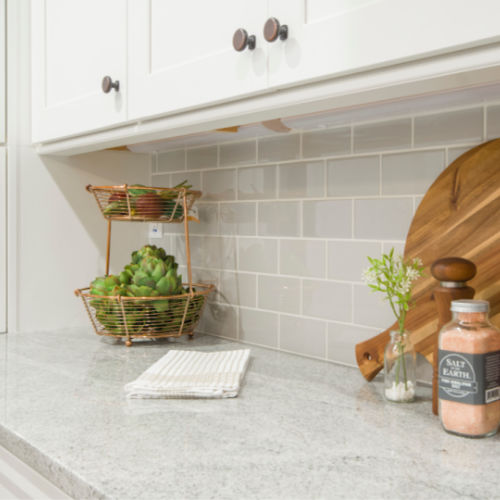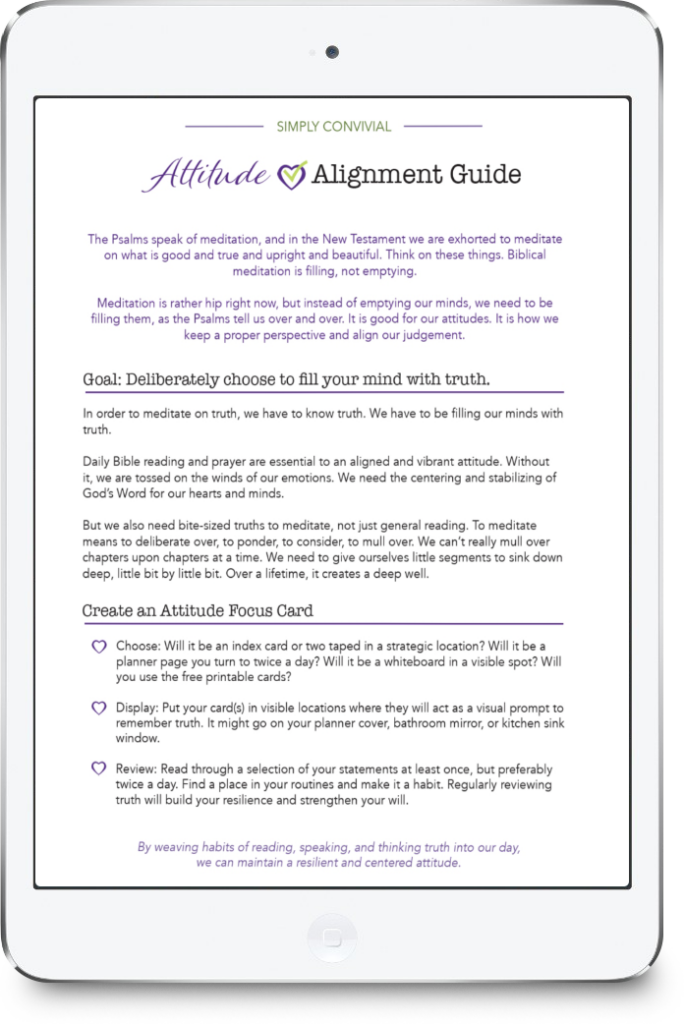Pesky paperwork, asking obnoxious questions. If you stay home, what is your listed occupation? What do you fill into that occupation blank at the doctor’s office, at therapy, on your tax return? Is homemaker a legitimate occupation or should you just leave it blank?
Even as someone who earns money on the side, I write homemaker as my occupation because I see it as my primary role. It is what I want to be known as. Being a homemaker is not embarrassing or demeaning.
Occupation has to do with how you occupy your time. The paperwork is not asking how you earn a paycheck or whether or not you are employed. If it does, then you can answer that truthfully.
However, if the question is “what do you do all day?” the answer is: “I make a home.”
Yes, you can enter homemaker as your occupation even on tax returns and official documents. It is not frowned upon nor is it uncommon. It makes no difference to your taxes. What you enter as your occupation will not affect the calculations in your return in any way.
I sit with the papers, clipboard, and pen, filling in bubbles and blanks.
Occupation: ____________________
I stare and think. What do they mean by occupation? What counts as occupation? What would be the best answer? Is homemaker a valid occupation to put down? Maybe I should put ‘domestic engineer’ to make it sound more official, fancy, or meaningful?
Maybe Winckler Family COO, Chief of Operations?
Should I call myself a Domestic Engineer?
What is a homemaker? What is my occupation? Why do they want to know? What are they looking for? Do they realize the kind of existential crisis their question causes?
I make a face, squeeze my pen, and write the simple word that does best describe my contribution to society: homemaker.
Truly, most of our angst about listing “homemaker” on forms as our occupation originates from our own heads. It is a formality on the paperwork that no one really looks at or cares about. If we feel uncertain or embarrassed to give “homemaker” as our occupation, it shows that we are not confident and satisfied in our role – or that we fear the potential judgment of strangers more than than we love our position.
The judgment of strangers – if they even pay enough attention to give you any grief – affects nothing in your life unless you let it mess with your head and heart.
The job of homemaking, on the other hand, is of utmost value to culture and society, whether or not that culture and society values it. Even if a woman has another job – one that earns her money, even! – her most significant contribution to her family and to the good of the nation and world is her homemaking.
Homes, after all, shape people.
Those people, in turn, shape the culture, society, nation, world.
Moreover, the homemaker’s work is not only valuable for the good it does for others who will then go out into the world. The reasoning does not go:
- The world needs well-educated, well-brought-up people to effect good change.
- The well-educated, well-brought-up people are good world-changers.
- Homes and mothers make such people.
- Thus, mothers are good because they indirectly bring about good world-changers.
In this construction, the good that mothers and homes do is dependent upon the good their offspring do. “The hand that rocks the cradle rules the world,” is only offering value in the hope that the baby in your cradles will rule the world – which, for most of us, will not be the case.
“The hand that rocks the cradle rules the world” is a sentimental, false hope.
Even the hand that rocks the unknown cradle of the silent, dutiful, hidden bedrock of society, however, does a good work – because it is the work God has called her to, not because of the potential of the one in her cradle.
Instead, we ought to reason like this:
- God created & values families, communicating the nature of his relationship with his creation in terms of family relationships.
- God has called me to embody family life as a testimony to His care of me and all His creation.
- When I walk in obedience and faithfulness, I am honoring God and doing good work.
In this reasoning, the mother is exemplary and virtuous no matter what other people do with her hospitality and obedience.
Honoring the occupation of homemaking does not consist in giving it worldly-wise or manly-sounding names like Domestic Engineer or Surname COO.
Such titles say that homemaking is humble and needs a little beefing-up for the resumé.
Talking about how much a mom would earn if she were paid for her various tasks is only the talk of those who think everything ought to have a monetary value and profit attached to it.
Before there are economies or politics, there are plain people. People made in the image of God need no additional decoration to make them respectable. People made in the image of God need homes and families – and that’s exactly what we do as wives and mothers.
It is good, valuable work, no matter the time period, governmental structure, economic type, class or culture you are in.
Homemaking is human.
Homemaking is valuable.
Homemaking is a valid occupation.
Up next: What homemaking means




Thanks for this post, Mystie. I think it’s something we all need to hear! My issue comes when they ask if I am employed, unemployed, or retired. If you check “employed”, then there are many follow up questions, such as employer, their address, etc. If I check unemployed, I feel put down like I don’t do anything all day. The reality is that I am very much employed, although I don’t receive a paycheck. Typically, I put down employed, and then for employer I list self-employed. Maybe I just need to be more secure in myself, and less worried about how others will judge me.
Yes! I love this. Thank you Mystie.
Amen and amen! LOVE this post. There is such a minimizing of the value of a homemaker, you so succinctly capture the value! I am feeling God pulling me into a Titus 2 role as my kids are now grown, but my heart for homemakers only grows!